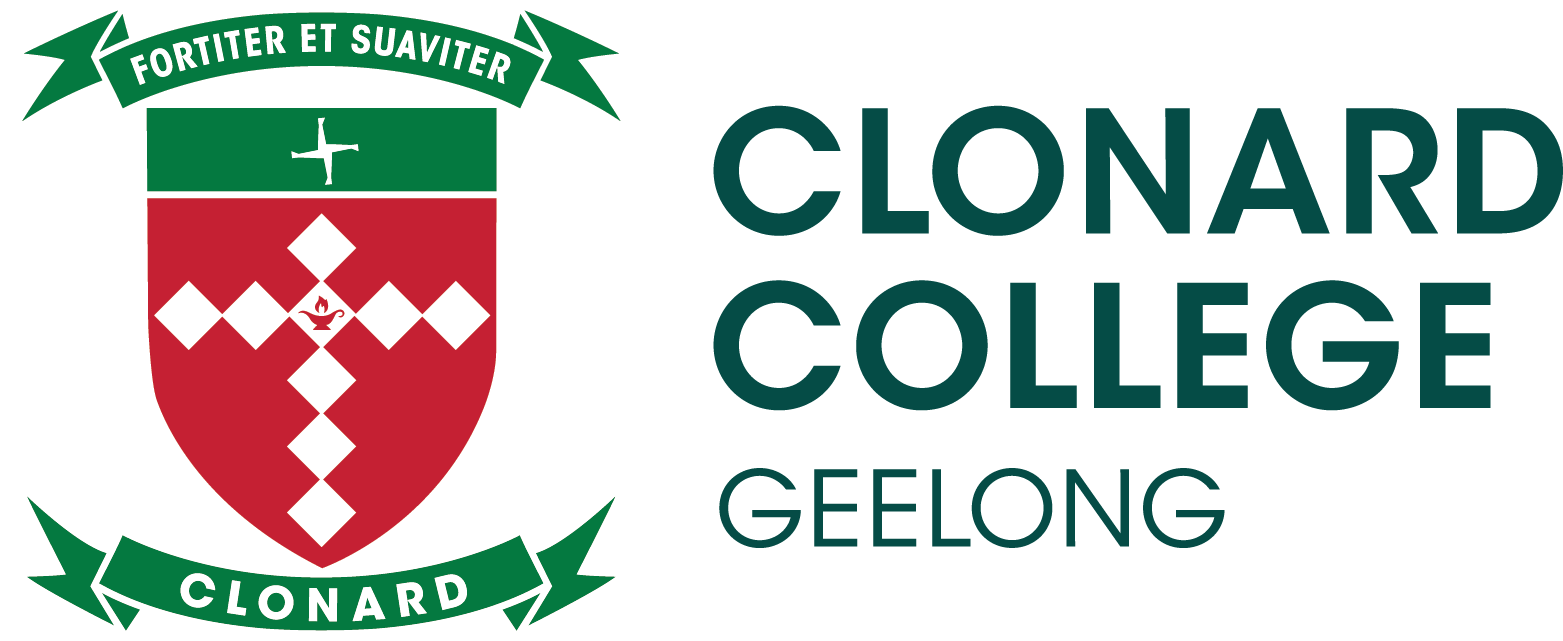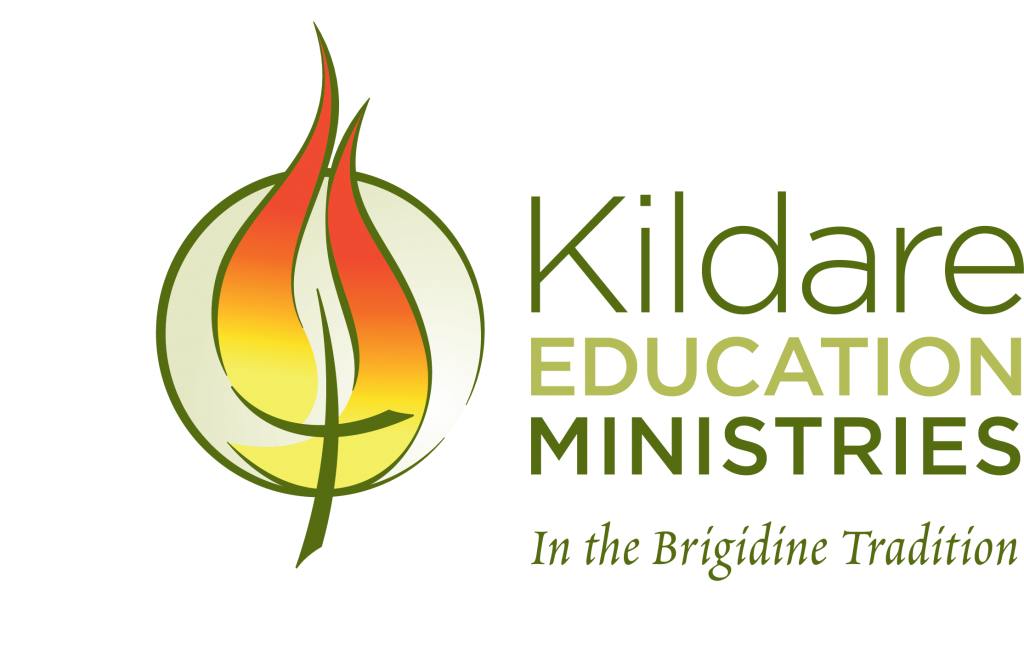Information and Communication Technologies (ICT) have become an integral part of people’s lives at school, work and home. There are positive outcomes to the use of ICT/Internet for teaching and learning, but there are also risks associated. While maximising ICT’s potential for improving teaching and learning, it is also important to use as a responsible digital citizen and keep a critical eye on the risks inherent to its misuse.
Access to a vast array of tools online allows students to develop contemporary skills that are needed for their future in a world where being connected, ability to communicate, collaborate and be creative, are integral. It is through the use of online tools that staff at Clonard College give students the opportunity to explore learning beyond the walls of the classroom and in doing so, also teach them important skills about how to be critical consumers and ethical users of the information and websites they encounter.
Unfortunately, we have seen an increase in unacceptable use of the college computers, in particular social media posts that infringe upon other people’s privacy or display a lack of respect and empathy for other individuals or groups. Often these posts are created anonymously and can be offensive and unlawful. It is essential that you take some time to read our school ICT guidelines with your young person and make clear our college expectations.
Specific Guidelines for the use electronic communications:
- Appropriate language must be used in all electronic communications.
- Anonymous communications must not be sent. The sender’s name must appear as a part of the message.
- Electronic communications must not contain obscene or pornographic material or language that harasses, discriminates, or vilifies.
- The copyright or other intellectual property rights of another person must not be infringed.
- Users should not reveal their own or others personal details. Clonard College promotes the safety, wellbeing, and inclusion of all children.
- Users need to note that electronic communication is not guaranteed to be private, as system administrators have access to all files including email. In addition, any email with inappropriate content will be automatically bounced back to the System Administrator for subsequent action.
- If a student receives electronic communications that is inappropriate or upsetting, a teacher or ICT staff member must be notified.
Additionally, below is a link to an article about the dangers of TikTok for you to read.



